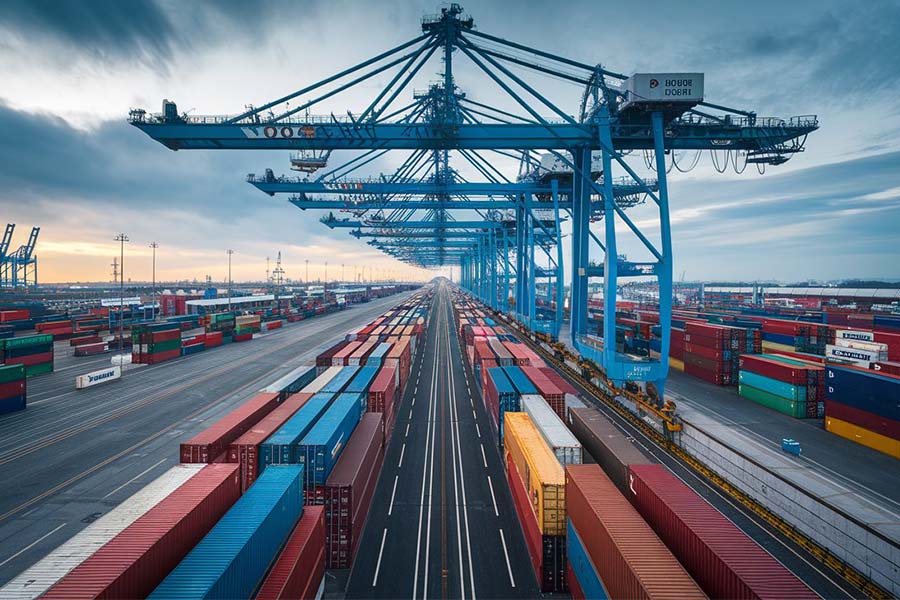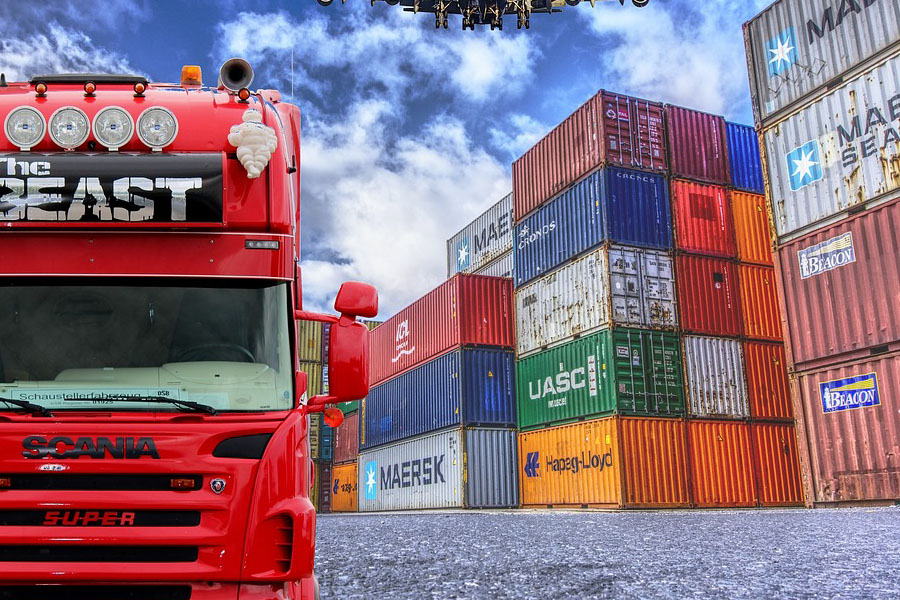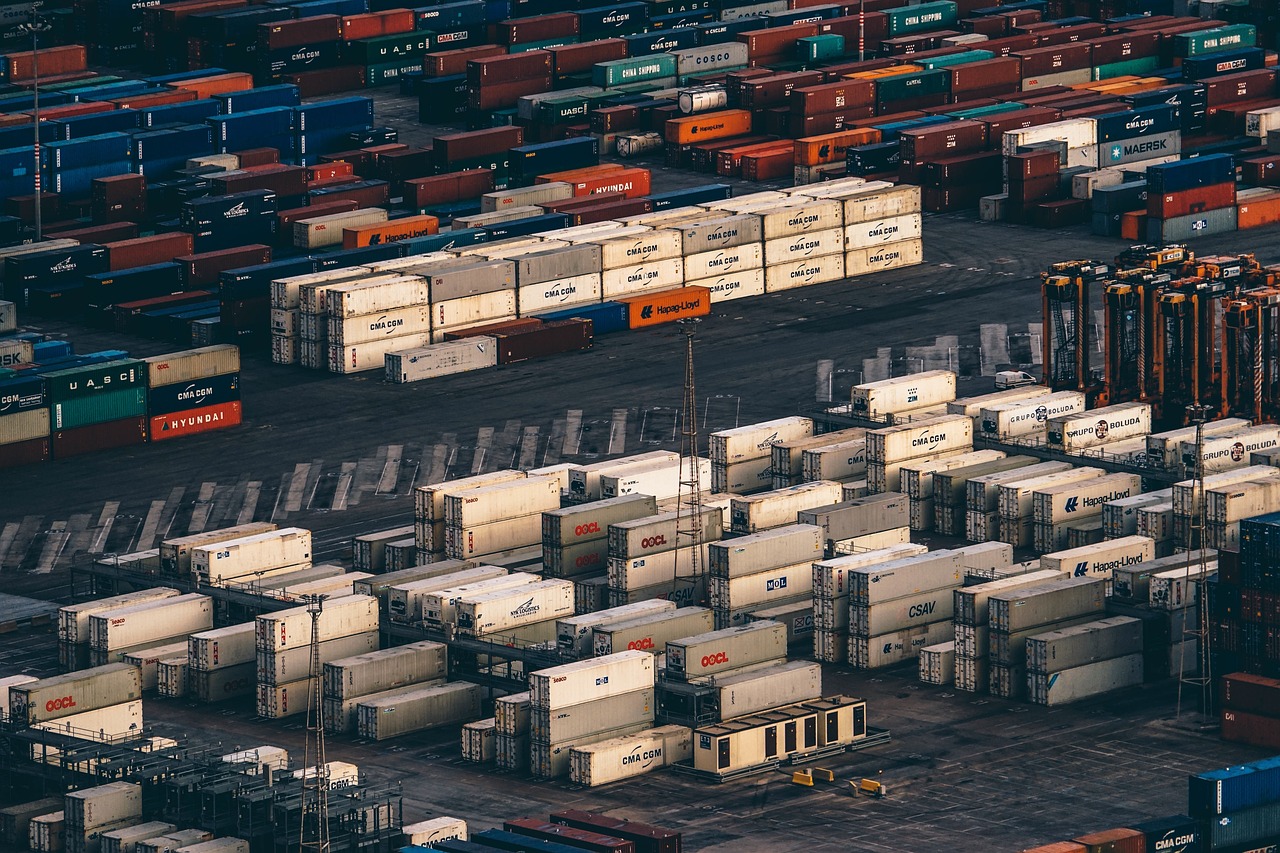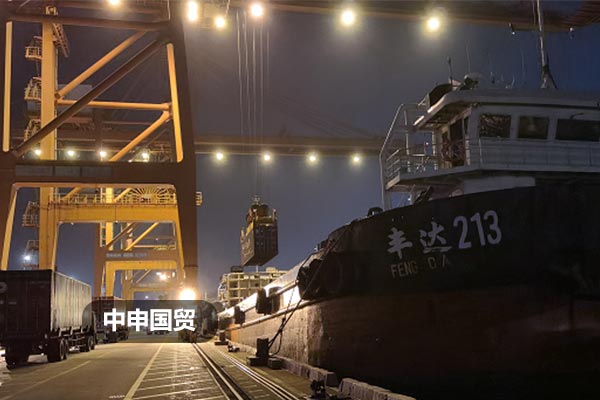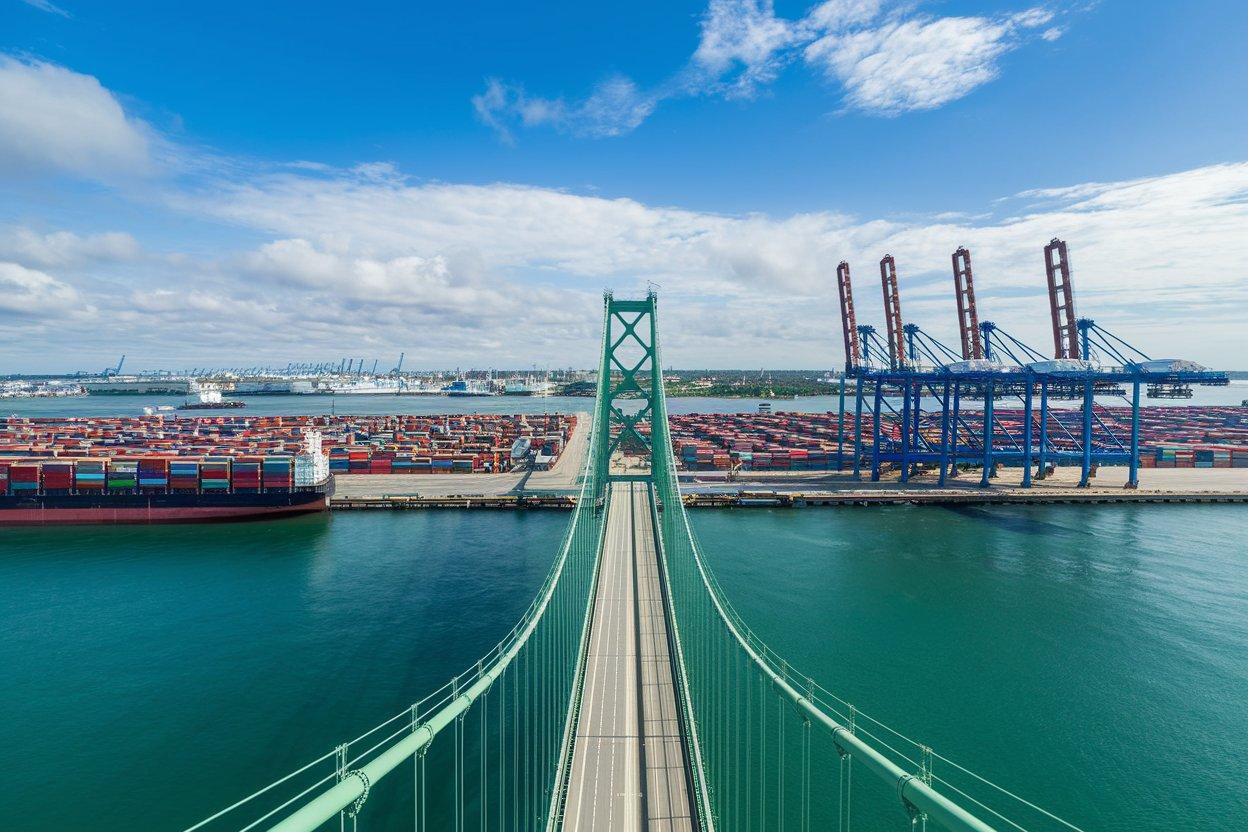- Shanghai Zhongshen International Trade Co., Ltd. - Two decades of trade agency expertise.
- Service Hotline: 139 1787 2118
Home » Trade Essentials » Food Export Agency Selection Guide: Key Qualifications and Risk Prevention
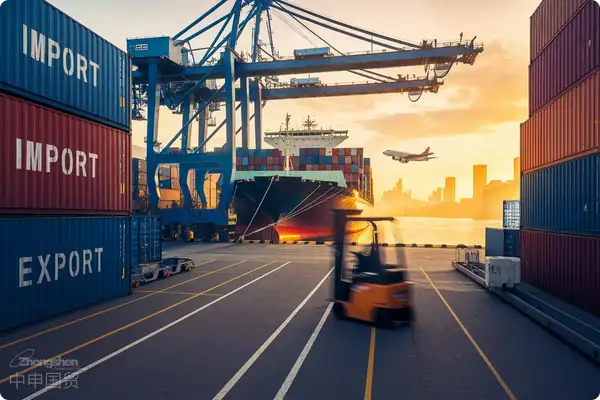
FilingExport RepresentationWhat core qualifications should businesses possess?
According to the latest 2025 international trade regulations, qualified food export agents must have:
- Dual certification system
- Customs AEO Advanced Certification (valid until 2027)
- ISO22000 Food Safety Management System certification
- Industry-specific qualifications
- US FDA Food Facility Registration (2025 updated version)
- EU Rapid Alert System for Food and Feed (RASFF) filing
- BRCGS Global Standard for Food Safety 8th Edition certification
- Logistics guarantee capabilities
- Cold chain transportation temperature control recording system (must provide samples of records from the last 6 months)
- Cross-border commodity traceability system (supports blockchain technology verification)
II. How to verify the actual operational capabilities of agents?
It is recommended to adopt the three checks and three verifications method:
- : Request export customs clearance records of similar products in the past 2 yearsRequire provision of export records for similar food products in the past 2 years
- Customs clearance time statistics table
- Target country clearance success rate
- Emergency incident handling archives
- On-site management inspection
- Warehouse humidity control (require provision of real-time monitoring data)
- Pest control records (must include third-party disinfection reports)
- Goods isolation storage area setup
- Response speed testingSimulate emergency scenarios (such as customs spot checks, certificate expiration) to test contingency mechanisms
What are the special requirements for selecting agents in emerging markets?
For emerging markets like Southeast Asia and the Middle East, it is recommended to focus on:
- Religious certification systems
- HALAL certification (note the differences between Indonesias MUI and Malaysias JAKIM)
- KOSHER certification (new e-certificate verification requirement added in 2025)
- Dispute Resolution Method
- Having a physical customs clearance company in the target country
- Possession of local food association membership
- Ability to handle special documents
- Expedited processing channels for Vietnam Food Hygiene Certificate (FSC)
- Pre-audit services for Saudi SASO certification
How to prevent risks during cooperation?
It is recommended to establish a three-tier risk prevention mechanism:
- Essential contract clauses
- Quality dispute resolution process (clearly specifying authority to designate third-party testing agencies)
- Compensation standards for customs clearance delays (calculated at 0.1% of goods value per day)
- Intellectual Property Guarantee Clause
- Payment method recommendations
- Initial payment not exceeding 30%
- Final payment should be made after goods inspection at destination port
- Adopt combined LC and DP payment methods
- Regular review mechanisms
- Quarterly service evaluation meetings
- Annual qualification document renewal review
- Joint emergency drill
V. How to handle agency disputes?
It is recommended to proceed in three steps:
- Evidence preservation stage
- Immediately notarize all email correspondence and chat records
- Apply to customs for a certificate of goods status
- Preserve temperature records during transportation
- Professional intervention stage
- Commission the International Trade Arbitration Committee for mediation
- Apply for credit investigation through the China Chamber of International Commerce
- Engage maritime lawyers for cases involving significant losses
- Post-processing stage
- Reapply for product access certification
- Update enterprise customs credit records
- Establish a list of alternative agents
Tags: Foreign Trade Agency Agreement · Customs Declaration · Export trade · Export Process · Export Trade · Customs · Clearance · Food
Related Recommendations
? 2025. All Rights Reserved. Shanghai ICP No. 2023007705-2  PSB Record: Shanghai No.31011502009912
PSB Record: Shanghai No.31011502009912
